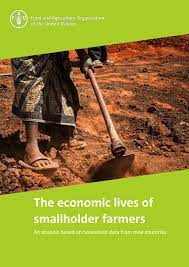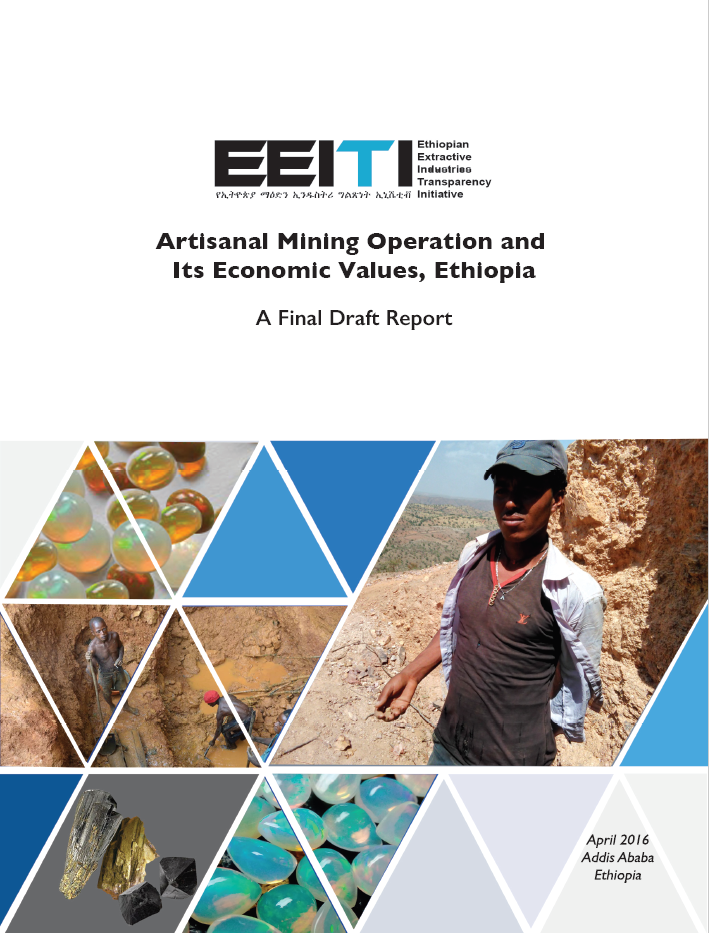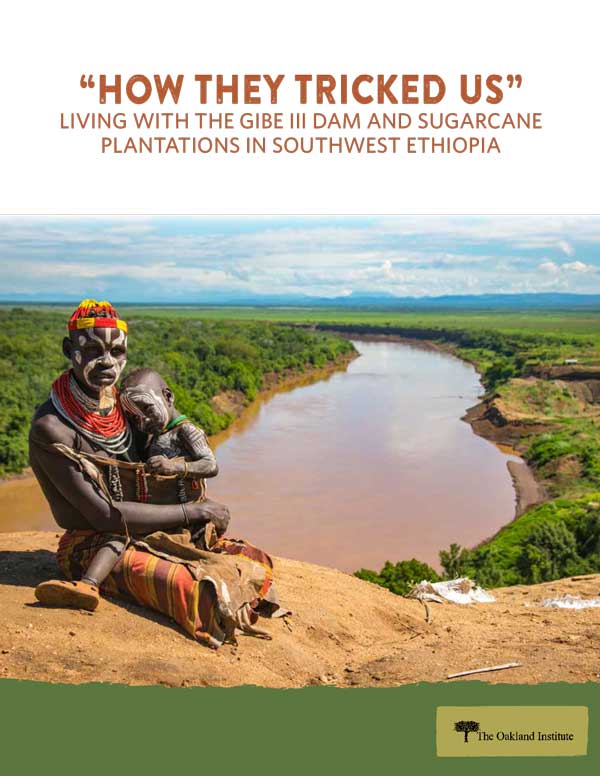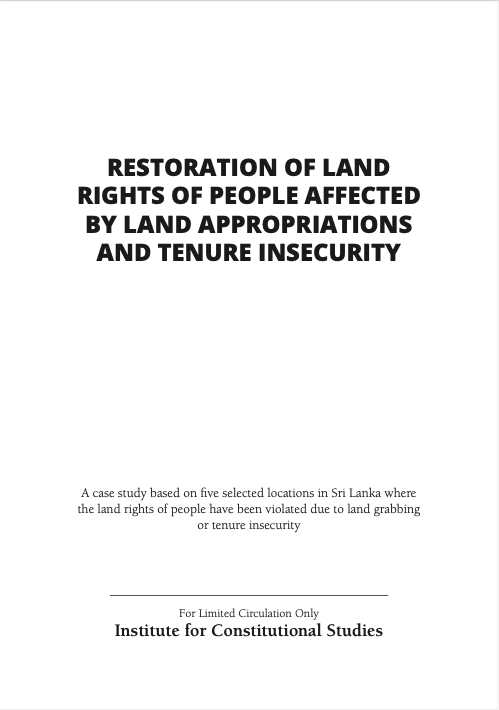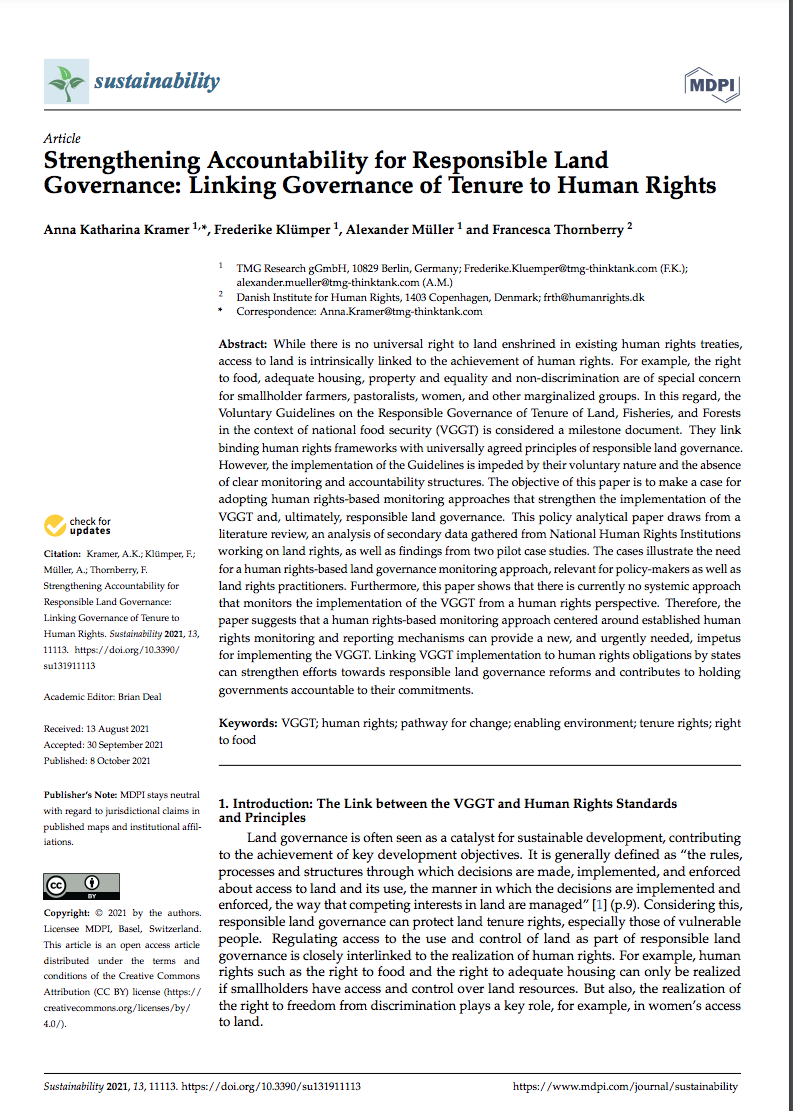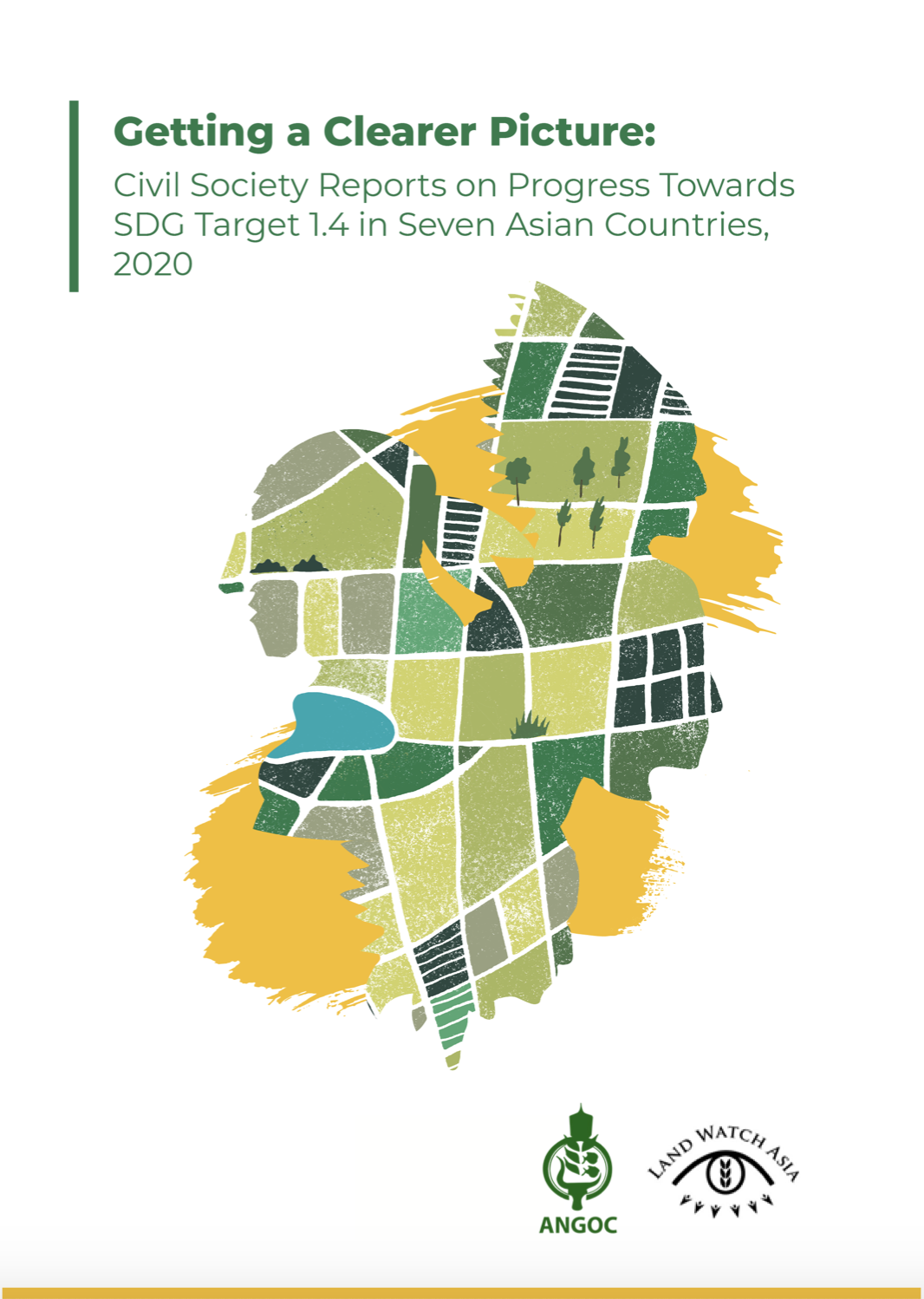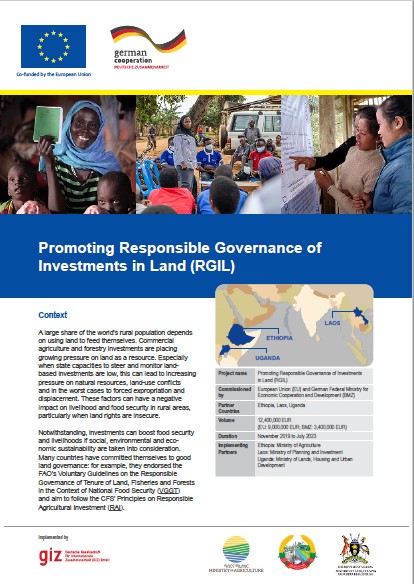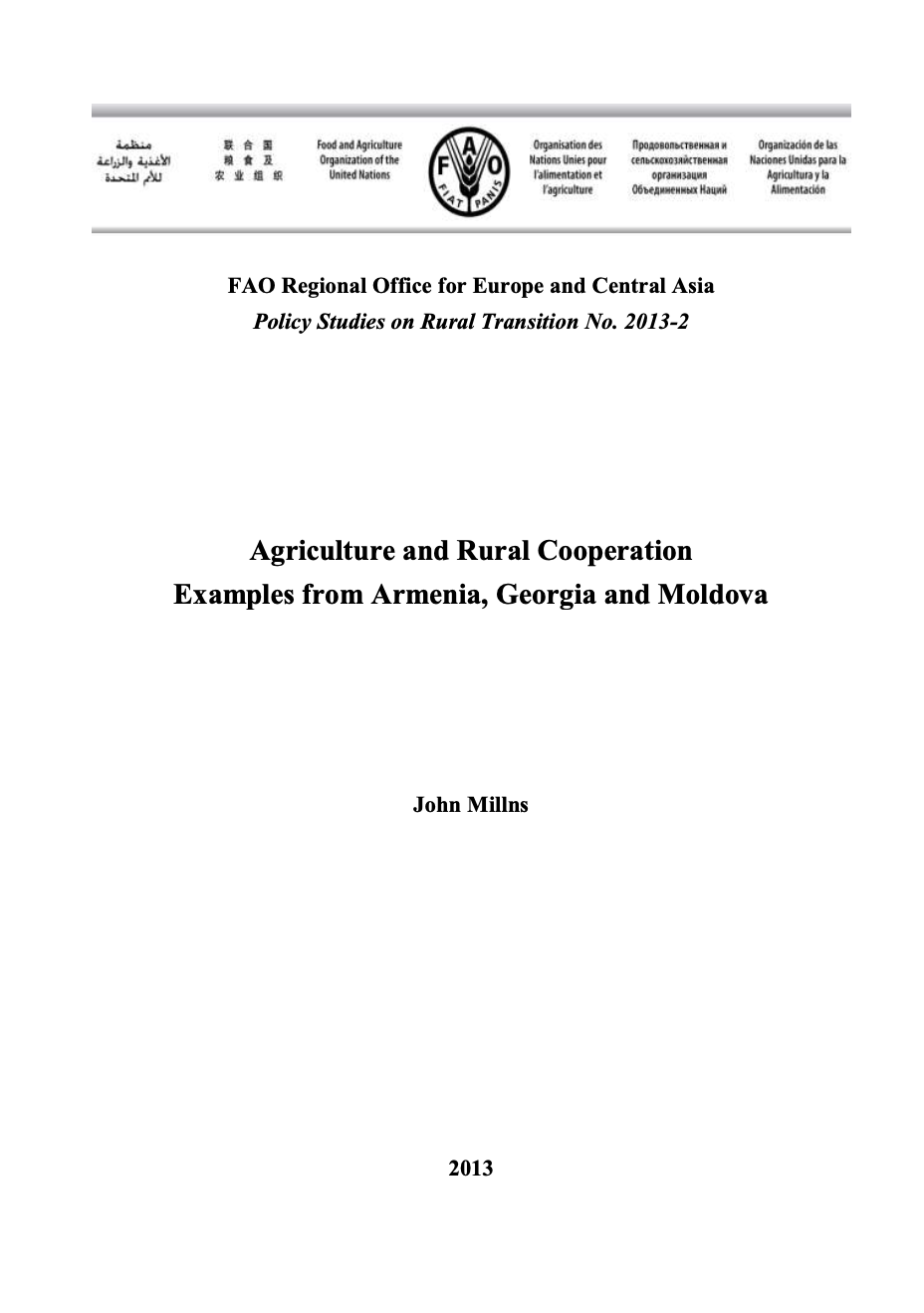The economic lives of smallholder farmers
About two-thirds of the developing world’s 3 billion rural people live in about 475 million small farm households, working on land plots smaller than 2 hectares. 1 Many are poor and food insecure and have limited access to markets and services. Their choices are constrained, but they farm their land and produce food for a substantial proportion of the world’s population. Besides farming they have multiple economic activities, often in the informal economy, to contribute towards their small incomes.

